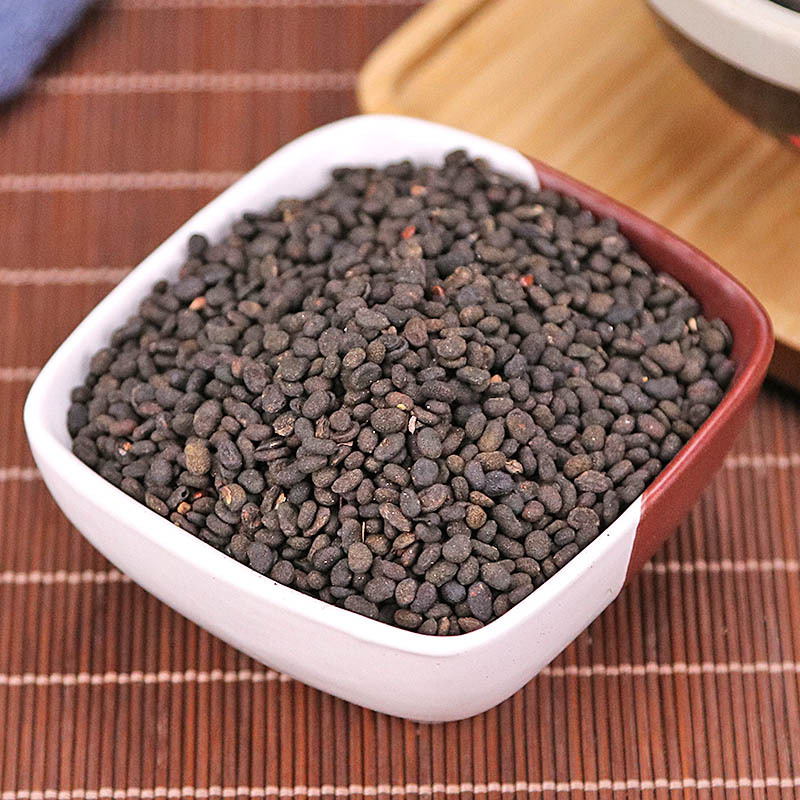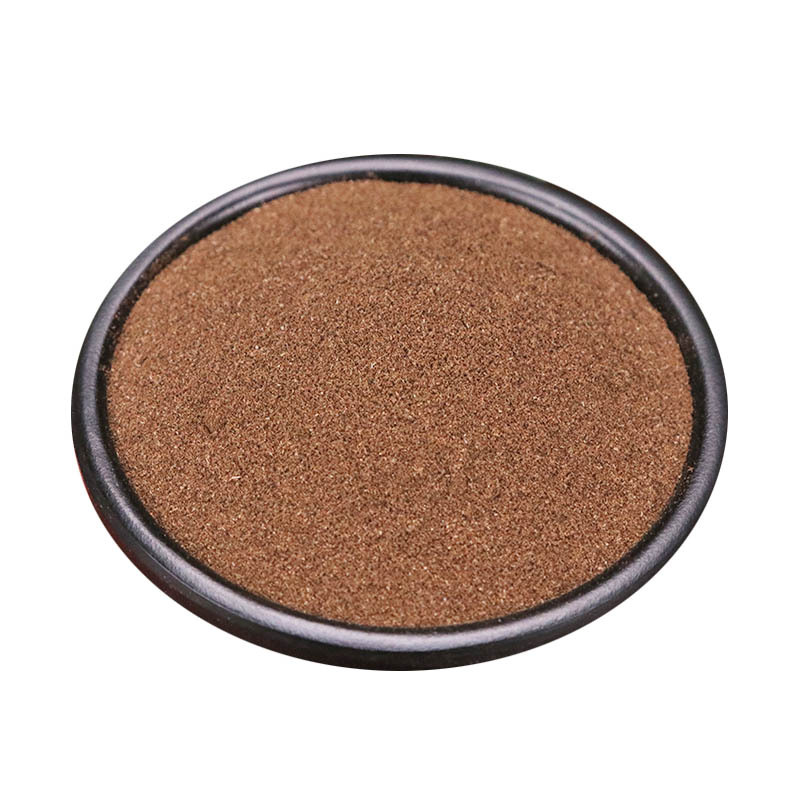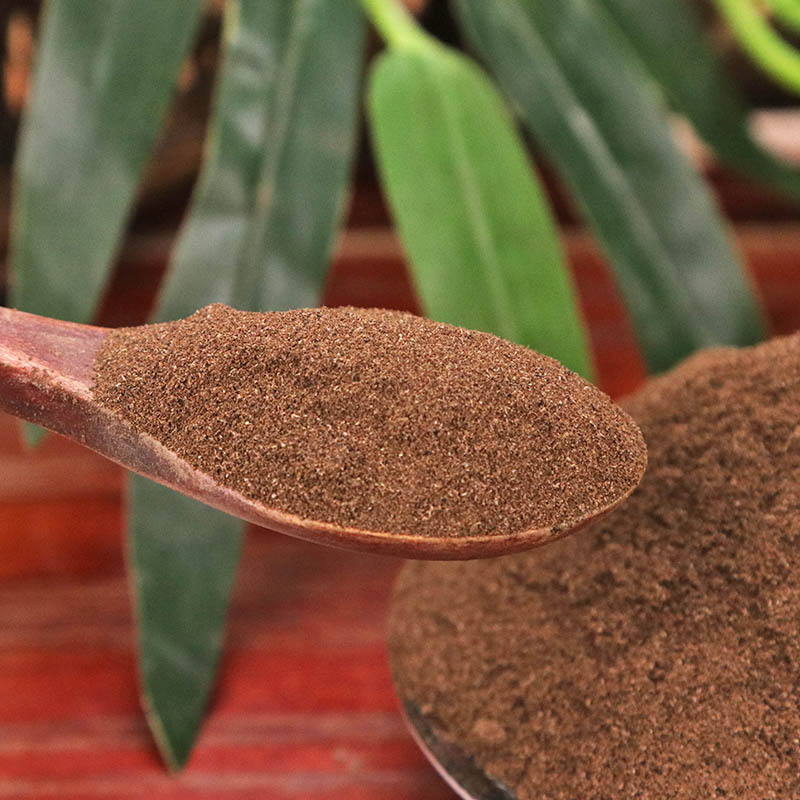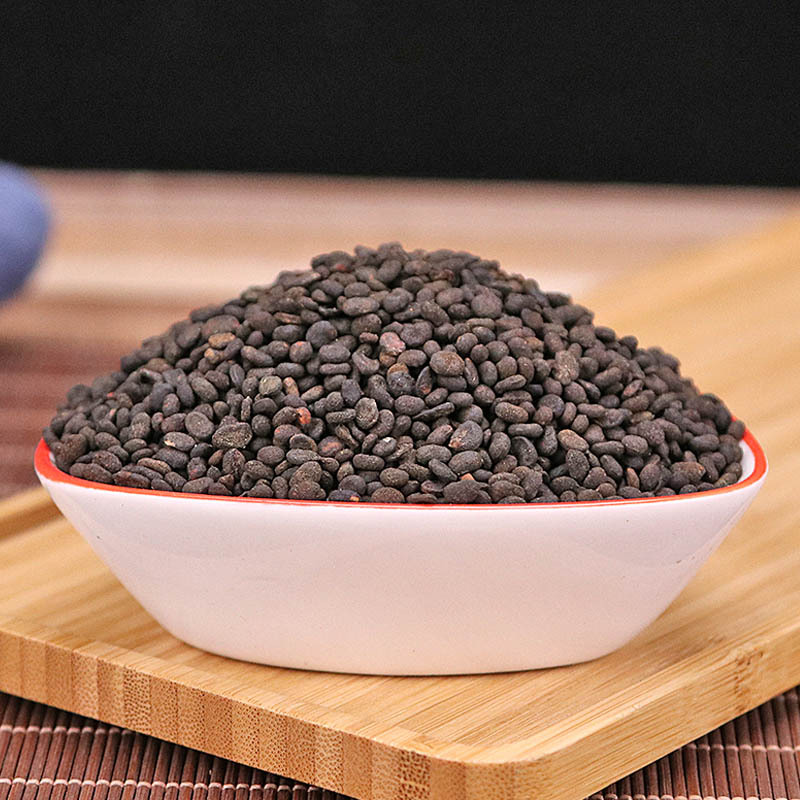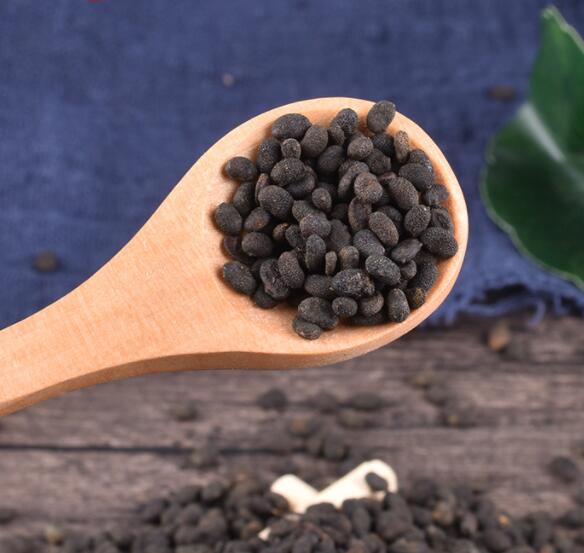
Psoralea corylifolia, commonly known as babchi, bakuchi, or false sarsaparilla, is a plant species native to various regions of Asia including India, China, and Thailand. It has been used in traditional Ayurvedic and Chinese medicine for centuries due to its perceived health benefits.
In traditional medicine, Psoralea corylifolia seeds are believed to have aphrodisiac properties and are often used to enhance fertility. They are also thought to support bone health, which explains the common name "bone strengthener" or "bonesetter." In addition, they are used to treat a variety of conditions including skin diseases, joint pain, and intestinal disorders.
The active compounds found in Psoralea corylifolia include psoralens, which have been studied for their potential photochemotherapeutic effects on vitiligo, a skin condition characterized by patches of depigmented skin. Psoralens can interact with UV light to stimulate melanocyte activity in the skin, thus improving pigmentation.
Furthermore, the plant is a rich source of coumestans, such as coumestrol, which are structurally similar to estrogen and may have weak phytoestrogenic effects. This has led to research exploring their potential use in menopausal symptoms and osteoporosis.
It's important to exercise caution when using Psoralea corylifolia because it can cause adverse effects. Psoralens can be toxic and may cause skin irritation when handled improperly or when exposed to sunlight after application. Additionally, the plant can interact with other medications and might have an estrogen-like effect on the body.
As with any herbal supplement, it is advisable to consult a healthcare professional before using Psoralea corylifolia, especially for pregnant women, breastfeeding mothers, and individuals with existing health conditions or those taking other medications.
